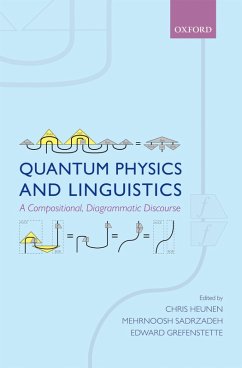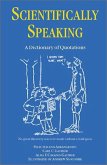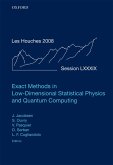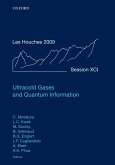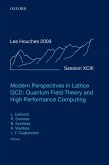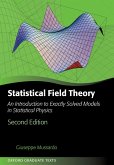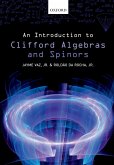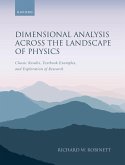New scientific paradigms typically consist of an expansion of the conceptual language with which we describe the world. Over the past decade, theoretical physics and quantum information theory have turned to category theory to model and reason about quantum protocols. This new use of categorical and algebraic tools allows a more conceptual and insightful expression of elementary events such as measurements, teleportation and entanglement operations, that were obscured in previous formalisms. Recent work in natural language semantics has begun to use these categorical methods to relate grammatical analysis and semantic representations in a unified framework for analysing language meaning, and learning meaning from a corpus. A growing body of literature on the use of categorical methods in quantum information theory and computational linguistics shows both the need and opportunity for new research on the relation between these categorical methods and the abstract notion of information flow. This book supplies an overview of how categorical methods are used to model information flow in both physics and linguistics. It serves as an introduction to this interdisciplinary research, and provides a basis for future research and collaboration between the different communities interested in applying category theoretic methods to their domain's open problems.
Dieser Download kann aus rechtlichen Gründen nur mit Rechnungsadresse in A, B, BG, CY, CZ, D, DK, EW, E, FIN, F, GR, HR, H, IRL, I, LT, L, LR, M, NL, PL, P, R, S, SLO, SK ausgeliefert werden.

